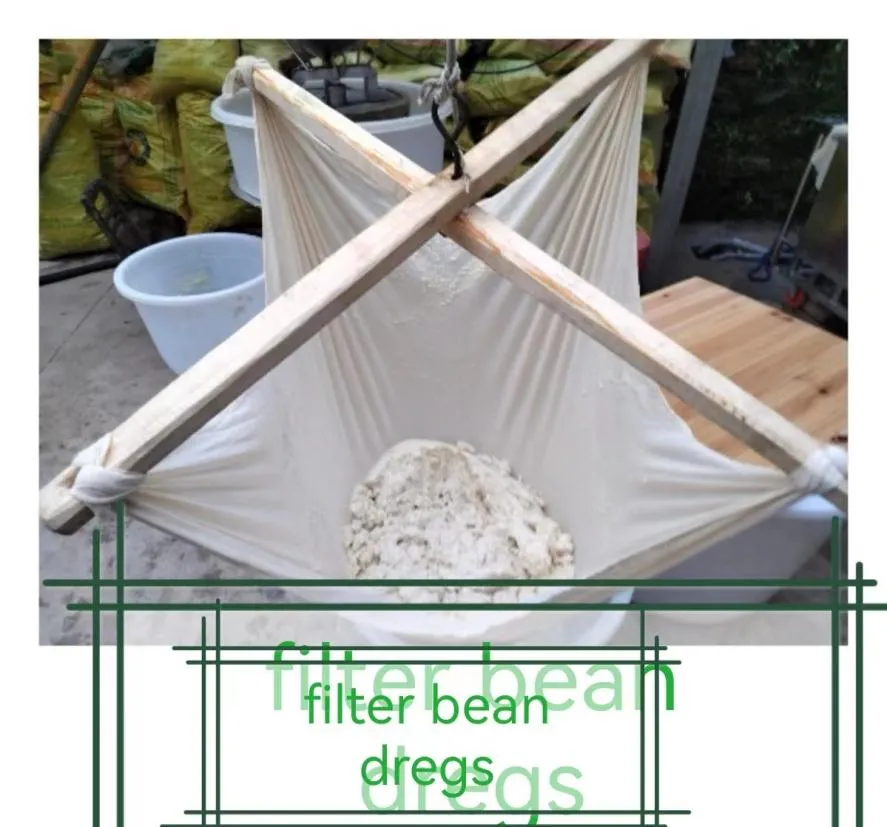-
 Afrikaans
Afrikaans -
 Albanian
Albanian -
 Amharic
Amharic -
 Arabic
Arabic -
 Armenian
Armenian -
 Azerbaijani
Azerbaijani -
 Basque
Basque -
 Belarusian
Belarusian -
 Bengali
Bengali -
 Bosnian
Bosnian -
 Bulgarian
Bulgarian -
 Catalan
Catalan -
 Cebuano
Cebuano -
 China
China -
 Corsican
Corsican -
 Croatian
Croatian -
 Czech
Czech -
 Danish
Danish -
 Dutch
Dutch -
 English
English -
 Esperanto
Esperanto -
 Estonian
Estonian -
 Finnish
Finnish -
 French
French -
 Frisian
Frisian -
 Galician
Galician -
 Georgian
Georgian -
 German
German -
 Greek
Greek -
 Gujarati
Gujarati -
 Haitian Creole
Haitian Creole -
 hausa
hausa -
 hawaiian
hawaiian -
 Hebrew
Hebrew -
 Hindi
Hindi -
 Miao
Miao -
 Hungarian
Hungarian -
 Icelandic
Icelandic -
 igbo
igbo -
 Indonesian
Indonesian -
 irish
irish -
 Italian
Italian -
 Japanese
Japanese -
 Javanese
Javanese -
 Kannada
Kannada -
 kazakh
kazakh -
 Khmer
Khmer -
 Rwandese
Rwandese -
 Korean
Korean -
 Kurdish
Kurdish -
 Kyrgyz
Kyrgyz -
 Lao
Lao -
 Latin
Latin -
 Latvian
Latvian -
 Lithuanian
Lithuanian -
 Luxembourgish
Luxembourgish -
 Macedonian
Macedonian -
 Malgashi
Malgashi -
 Malay
Malay -
 Malayalam
Malayalam -
 Maltese
Maltese -
 Maori
Maori -
 Marathi
Marathi -
 Mongolian
Mongolian -
 Myanmar
Myanmar -
 Nepali
Nepali -
 Norwegian
Norwegian -
 Norwegian
Norwegian -
 Occitan
Occitan -
 Pashto
Pashto -
 Persian
Persian -
 Polish
Polish -
 Portuguese
Portuguese -
 Punjabi
Punjabi -
 Romanian
Romanian -
 Russian
Russian -
 Samoan
Samoan -
 Scottish Gaelic
Scottish Gaelic -
 Serbian
Serbian -
 Sesotho
Sesotho -
 Shona
Shona -
 Sindhi
Sindhi -
 Sinhala
Sinhala -
 Slovak
Slovak -
 Slovenian
Slovenian -
 Somali
Somali -
 Spanish
Spanish -
 Sundanese
Sundanese -
 Swahili
Swahili -
 Swedish
Swedish -
 Tagalog
Tagalog -
 Tajik
Tajik -
 Tamil
Tamil -
 Tatar
Tatar -
 Telugu
Telugu -
 Thai
Thai -
 Turkish
Turkish -
 Turkmen
Turkmen -
 Ukrainian
Ukrainian -
 Urdu
Urdu -
 Uighur
Uighur -
 Uzbek
Uzbek -
 Vietnamese
Vietnamese -
 Welsh
Welsh -
 Bantu
Bantu -
 Yiddish
Yiddish -
 Yoruba
Yoruba -
 Zulu
Zulu
agricultural insect netting
Agricultural Insect Netting A Sustainable Solution for Crop Protection
In the world of agriculture, the struggle against pests and insects is an age-old challenge that farmers have faced for generations. With a growing global population demanding more food, the need for effective pest control methods has never been more critical. One innovative solution that has gained popularity in recent years is agricultural insect netting. This eco-friendly approach not only protects crops from harmful insects but also promotes sustainable farming practices.
Agricultural insect netting is a physical barrier designed to prevent insects from reaching crops. Typically made from fine mesh materials, these nets allow sunlight, moisture, and air to penetrate while keeping pests at bay. Their effectiveness lies in their ability to create a protective environment that deters insects without the need for chemical pesticides, making them an attractive option for organic farmers and those looking to minimize their environmental impact.
One of the significant advantages of using insect nets is their ability to reduce the reliance on chemical pesticides. Chemical treatments can pose risks to both human health and the environment, leading to concerns about contamination of water sources and harm to beneficial insects such as pollinators. By relying on insect netting, farmers can protect their crops while also fostering a healthier ecosystem. This approach aligns with the broader goals of sustainable agriculture, which seeks to balance productivity with environmental stewardship.
agricultural insect netting

Moreover, agricultural insect netting offers several practical benefits. The netting protects crops from a variety of pests, including aphids, whiteflies, and moths, which can cause significant damage if left unchecked. Additionally, the use of nets can lead to improved crop yields and quality. When plants are protected from pests, they can grow healthier and produce more robust fruits and vegetables. This not only benefits farmers financially but also contributes to food security in a world where agricultural challenges are ever-present.
Farmers adopting insect netting need to consider a few factors to maximize its effectiveness. Proper installation is crucial; the nets should be securely anchored and cover the entire crop area to prevent pests from finding their way in. Regular maintenance is also essential to ensure that the nets remain intact and functional throughout the growing season. Some farmers even combine insect netting with other pest management strategies, such as introducing beneficial insects, to create a comprehensive approach to crop protection.
In conclusion, agricultural insect netting presents a sustainable and effective solution to the ongoing problem of pest management in farming. By reducing the reliance on harmful pesticides, enhancing crop yields, and promoting environmental health, these nets represent a positive step toward more responsible agricultural practices. As the agricultural sector continues to evolve in response to pressing challenges, embracing innovative solutions like insect netting will be essential for ensuring a secure and sustainable food future. As farmers worldwide explore these options, the potential for insect netting to transform agricultural practices becomes increasingly clear, promising a healthier planet for future generations.
-
Shipping Plastic Bags for Every NeedNewsJul.24,2025
-
Safety Netting: Your Shield in ConstructionNewsJul.24,2025
-
Plastic Mesh Netting for Everyday UseNewsJul.24,2025
-
Nylon Netting for Every UseNewsJul.24,2025
-
Mesh Breeder Box for Fish TanksNewsJul.24,2025
-
Expanded Steel Mesh Offers Durable VersatilityNewsJul.24,2025











